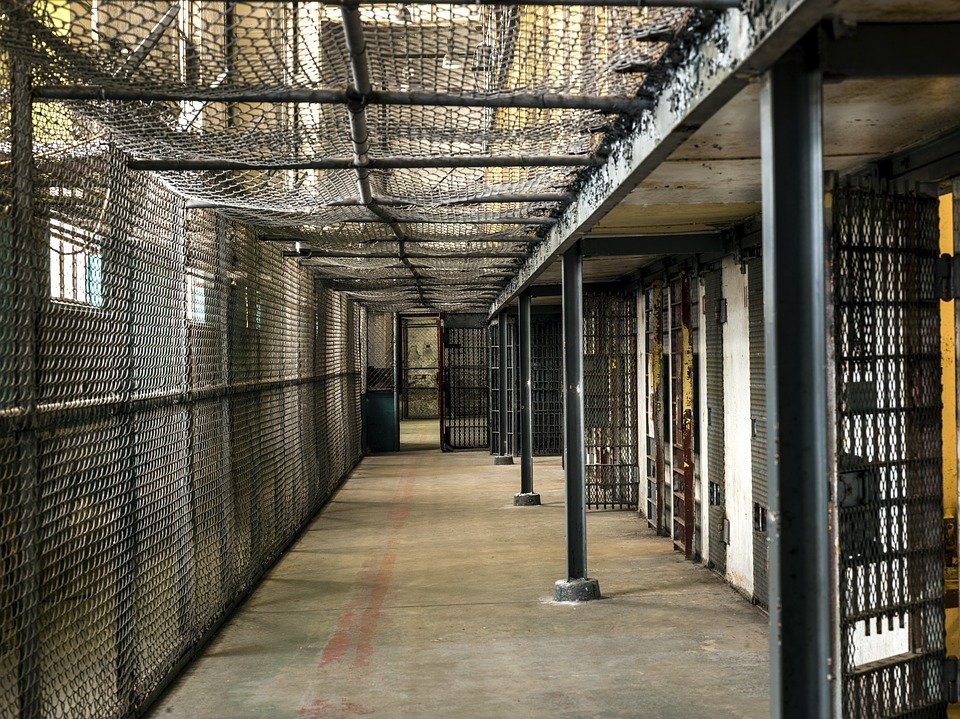By the early 2010s, California’s prison system was overcrowded and it cost the state billions of dollars each year. The situation was so bad that in 2011, the United States Supreme Court ruled that California has to reduce its prison population. Fortunately, in 2014, Californians voted in favor of Proposition 47, or the Criminal Sentences.…
Continue reading ›Immediate Response!










